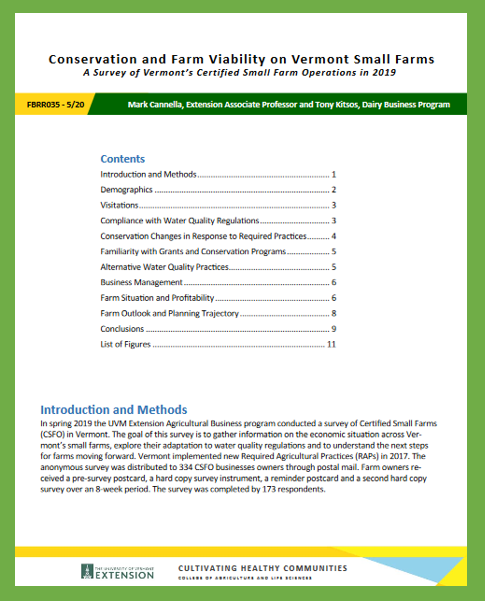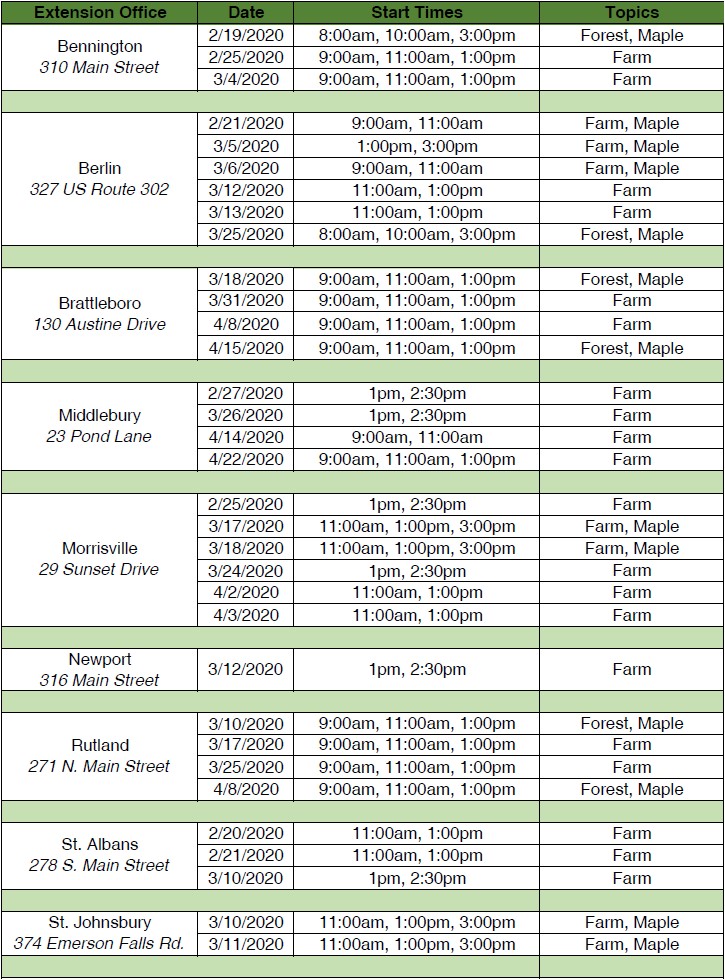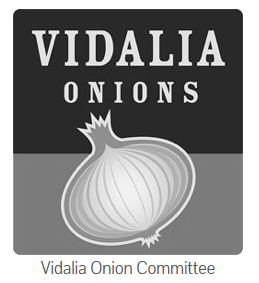By Tony Kitsos, Dairy Business Program Manager
I recently had the opportunity to work with and advise three farm business owners in structuring the transition of their businesses to prospective buyers who were not family members or neighboring farmers. As advisors, we often hit a wall when farmers express to us that there is no “next generation coming along”; that their children and relatives are not interested in becoming farm owners. Many family members state that they have no interest in working that hard for so many hours only to have too little money to show for it. Others say that they just want to follow their own path to success, usually outside of agriculture and the family business. Such was the case for all three of these farm businesses.
Each farm took a couple of years to find a young, knowledgeable and energetic person to bring in to their thriving businesses. They wanted to show them the ropes while they had the energy and health to provide mentorship. Let’s face it… with the way values of farmland, cattle and machinery have risen over the last 20 years, it’s extremely difficult for a young farmer to walk into a bank and borrow enough money to buy the business and then survive through the first two years of operating expenses unless there is plenty of cash to start with. Lenders do not want to see a new farmer fail for lack of cash and equity. The current owner has to make a decision: Do I sell outright to another farmer or bring someone new into the business? The approach is similar to that of a typical transfer – determine a period of time to “get up to speed” on the existing business, another block of time to begin the sure and steady transfer of certain assets to the incoming owner and then an outright purchase at the end of the trial period.
In each case, the owners had set up a combination of asset transfer for revenue increases over a specified schedule. The implicit agreement was: “Make this business better and more profitable over the transition period and it will be good for both of us.” In these scenarios there is mutual benefit from the continued and increased success of the business. Careful attention must be paid to the development of a sound exit strategy – one that covers both parties in case of a falling out or a change of heart. So gather in all of your trusted advisors, lay out a plan, let them shoot holes in it, restructure, and most of all don’t give up. There is a new generation of farmer anxious to get started with the right tools for success.




